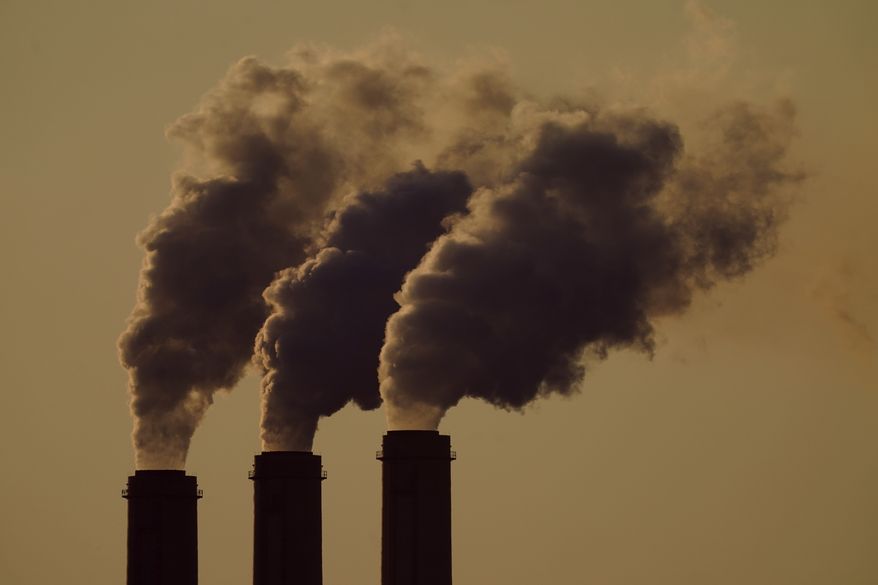
In this Saturday, Sept. 18, 2021 file photo, emissions rise from the smokestacks at the Jeffrey Energy Center coal power plant as the suns sets, near Emmett, Kansas, United States. The world needs to more than halve production of coal, oil and gas in the coming decade to maintain a chance of keeping global warming from reaching dangerous levels, according to a U.N.-backed study released Wednesday. The report published by the U.N. Environment Program found that while governments have made ambitious pledges to curb greenhouse gas emissions, they are still planning to extract double the amount of fossil fuels in 2030than what would be consistent withthe 2015 Paris climate accords goal of keeping global temperature rise below 1.5 Celsius (2.7 Fahrenheit). (AP Photo/Charlie Riedel, File)
Featured Photo Galleries

Trump dances onstage, takes post-election nation by storm
President-elect Trump dances onstage













